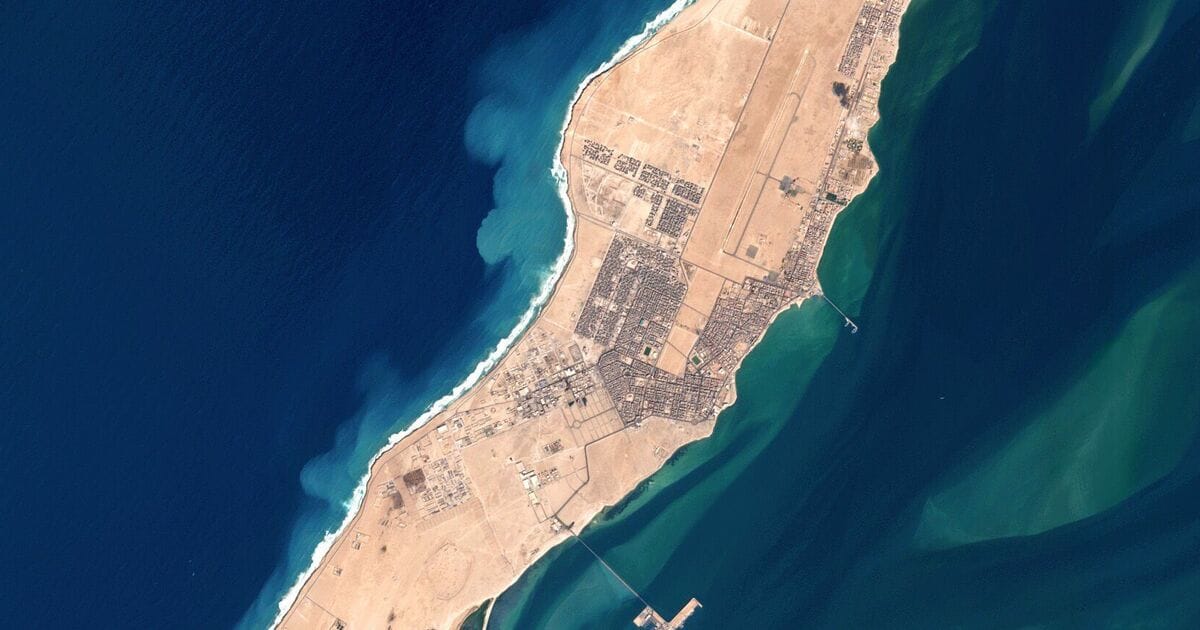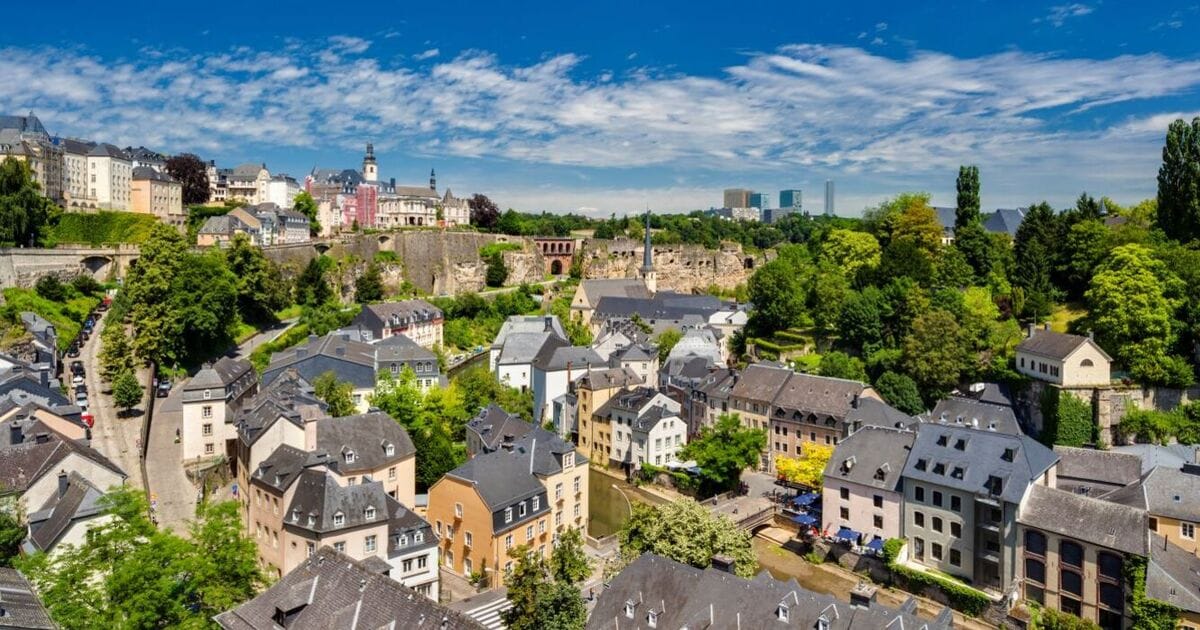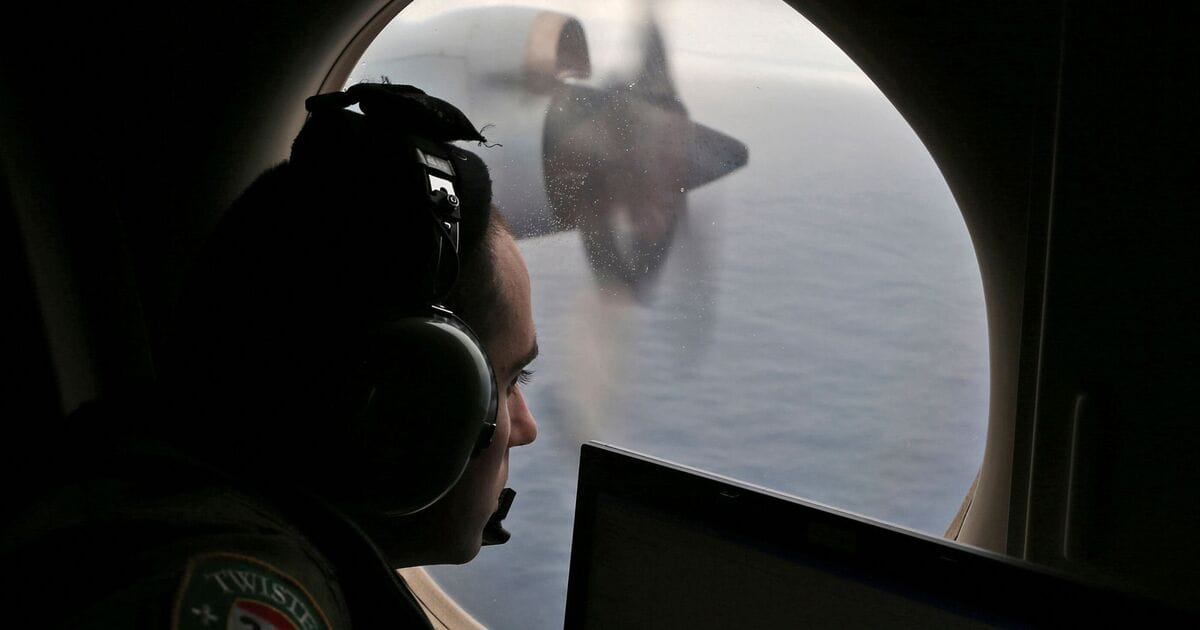An incredible new £1 billion infrastructure project is underway in Africa that’s set to revolutionise a seaside city in one of the continent’s most sparsely populated areas.
Dakhla Atlantic Port is located in the disputed territory of Western Sahara on the northwest coast of Africa and its construction is expected to finish in 2028. The territory is the most sparsely populated in Africa and the second most sparsely populated in the world.
The sprawling Dakhla Atlantic Port complex will encompass a trade port, oil terminal, fishing port, and shipyard across 6.5 square miles.
The project is expected to cost a staggering £955 million and has garnered significant foreign investment, some of which has come from United Arab Emirates.
It also includes a bridge linking the port and land and four-mile road connecting the port with a massive highway that extends all the way from Tangier to Mauritania.
The port will connect West Africa, the Middle East, Europe, North America, the Canary Islands and South America.
It’s part of Morocco’s national port strategy to modernise and strengthen them by 2030 to become a more important player in global supply chains.
Nisrine Iouzzi, the director of construction for the Dakhla Atlantic Port, said “we’re constrcuting an ecoysystem” with the regeneration scheme.
She told CNN “the geographic location is key [to] the success of the port”, which will boost the Moroccan economy and help it become more important in the world of maritime trade.
Western Sahara is a highly contested territory and some people mistakenly think it’s a country, which is incorrect.
Morocco claims authority over Western Sahara, but the United Nations does not recognise its control, instead labelling Western Sahara a “non-self-governing territory”.
Morocco currently controls more 80% of Western Sahara, which accounts for the most populated area along the Atlantic coast. The remaining 20% is controlled by the Sahrawi Arab Democratic Republic.
The British Government has labelled the status of Western Sahara as “undetermined”, but it supports the UN’s efforts to achieve an “acceptable political solution that provides for the self-determination of the people of Western Sahara”.





